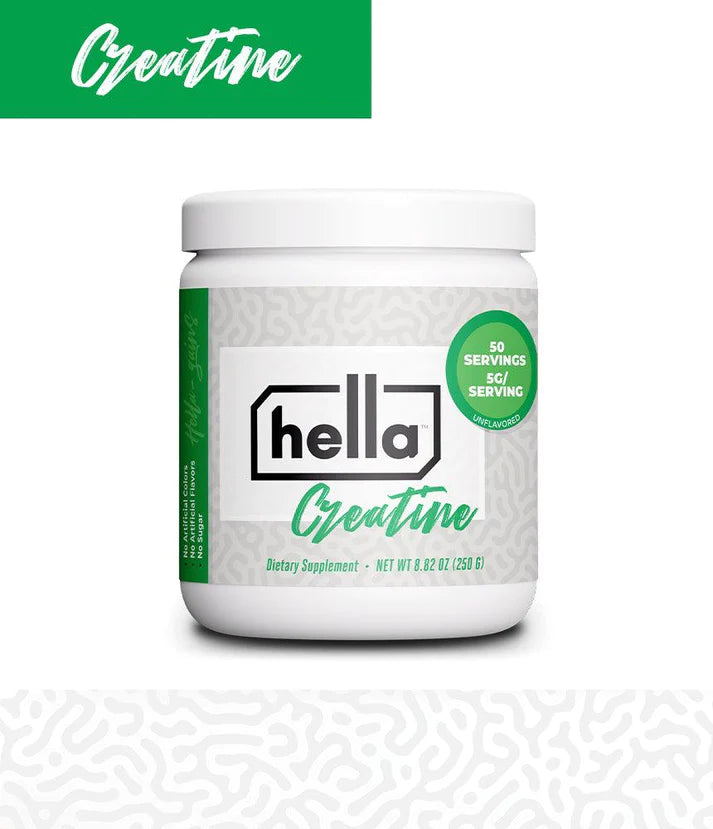Creatine is a naturally occurring amino acid that is found in the human body and in some foods such as red meat and seafood. It is a popular supplement among athletes and bodybuilders because it has been shown to increase strength, improve exercise performance, and enhance muscle mass. Despite its widespread use, there is some concern among the general public about the safety of creatine supplements. In this article, we will explore the available research on the safety of creatine supplementation and provide some practical recommendations for those considering taking this supplement.
One of the main concerns about creatine supplements is that they may cause kidney damage. However, numerous studies have found that creatine supplementation does not cause kidney damage in healthy individuals. In fact, several studies have shown that creatine may actually have a protective effect on the kidneys. For example, a study published in the Journal of the International Society of Sports Nutrition found that creatine supplementation had a positive effect on kidney function in people with chronic kidney disease. Another study published in the Journal of the American Society of Nephrology found that creatine supplementation had no negative effects on kidney function in healthy adults.
Another concern about creatine supplements is that they may cause muscle cramps and other side effects. While some people may experience muscle cramps while taking creatine, this is typically due to dehydration or electrolyte imbalances rather than the supplement itself. It is important to make sure you are properly hydrated and getting enough electrolytes, such as sodium and potassium, when taking creatine supplements.
Creatine supplements may also cause weight gain because they can increase water retention. However, this is not a cause for concern as the weight gain is due to an increase in muscle mass rather than fat mass. In fact, several studies have found that creatine supplementation can help to improve body composition and increase lean body mass.
Despite the concerns about the safety of creatine supplements, numerous studies have found that they are generally safe for healthy adults. The International Society of Sports Nutrition has issued a position statement stating that "creatine supplementation is safe for healthy individuals when taken within recommended guidelines." The recommended dosage for creatine is typically 3-5 grams per day, and it is important to follow the dosage instructions on the supplement label.
In summary, creatine supplements are generally safe for healthy adults when taken within recommended guidelines. While some people may experience side effects such as muscle cramps or weight gain, these can typically be managed by staying properly hydrated and getting enough electrolytes. It is important to remember that as with any supplement, it is always a good idea to speak with a healthcare professional before starting a new supplement regimen.

